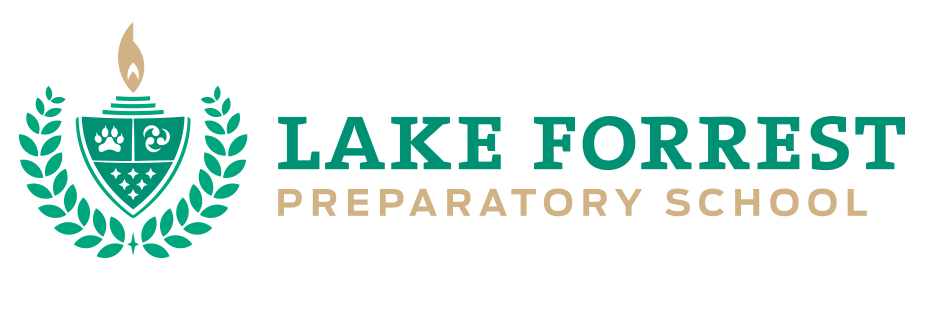Asking questions in class can help a child solidify and process new information. Besides the benefit of learning whatever you want, whenever you need, asking questions is a tool that can be used to foster new knowledge. Getting your children to ask questions isn’t hard, but getting them to understand the benefit of asking questions and learning from that is the tricky part.
As one of Orlando’s private schools, we value higher education and academic success. Therefore, we comprised 3 tips you can use to help get your child more comfortable with asking questions to benefit their learning process.
- The Socratic Method: Named after the Classical Greek philosopher Socrates, this is a form of inquiry and discussion between individuals that ask and answer questions which stimulates their critical thinking and generates ideas. Simply put, putting your child in a group discussion or setting allows them to interact with others and have an open discussion. This concept of group learning also promotes diversity and interpersonal development. By working in a diverse group, students learn to relate to their peers and other learners as they work together in group enterprises. By challenging your child to validate his/her point and reasoning, it gets them to learn how to validate their beliefs and reinforce their opinion.
- The Question Game: Asking your children to problem solve or answer questions they normally wouldn’t in a fun way, like a game, can give children positive reinforcement when asking questions and promote creative curiosity. Questions like Who is this important to? Why does this matter? How come this happened? promotes problem solving and critical thinking because the child is now figuring out the reason for why something is rather than not knowing how/why that came to be. By creating a question game with your children, you get them to associate fun and game play with asking questions and learning about subjects in greater detail.
- The Teachthought Learning Taxonomy: This is a template that frames cognition into several phases of how the child learns. Asking how things relate to similar and non-similar ideas, asking to explain things in detail and in a broad sense, applying it in unfamiliar situations or abstracting the question, and self-directing future learning about the topic are all covered in the Teachthought Learning Taxonomy.
Children learn early on to fake understanding exceptionally well, and even the best assessment leaves something on the table. Asking questions has no repercussion and only benefits the child in the long run. Children should be in an environment where they feel safe and comfortable to ask as many questions as they please. At Lake Forrest Prep, we love when our students ask thought-provoking questions. As one of the top Orlando private schools, we help our students by not only getting them to ask questions, but by also fostering academic excellence, educating in a value-based setting, and preparing them for success in life. Browse our website for more information about how Lake Forrest Prep can benefit your child.

